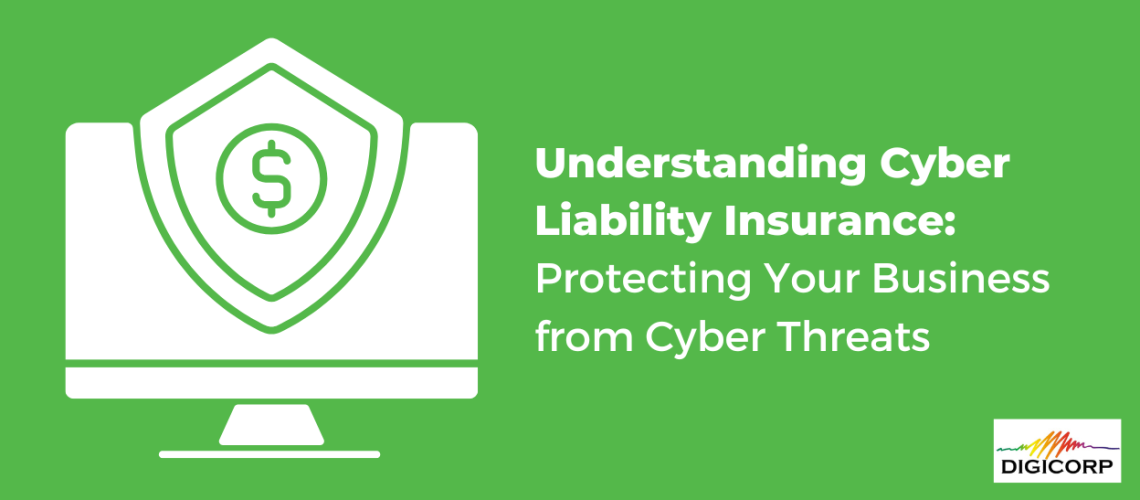What is Cyber Liability Insurance?
Unfortunately, in today’s day and age, no business is safe from cybercrime. Although many preventive measures exist, the rise in data breaches and other cybercrimes have increased the need for a new form of insurance.
Cyber liability insurance is a specialized type of insurance specifically created to protect a business in the event of a cyber-attack or other cyber-related incident. In general, this form of insurance covers your business’s liability for a data breach involving sensitive information and helps with fines and legal fees.
How Does Cyber Liability Insurance Differ From General Business Insurance?
Not to be confused with general business insurance, cyber liability insurance provides specific coverage for risks associated with cyber incidents. It addresses the unique challenges posed by data breaches, cyber-attacks, and privacy breaches and offers specialized coverage for expenses involving data recovery, legal liabilities, and regulatory fines.
In contrast, general liability insurance covers a broader range of risks unrelated to cyber incidents, ranging from property damage to bodily injury.
Although different, both insurance types offer comprehensive protection against various business risks.
Who Needs Cyber Liability Insurance?
In short, the answer is all businesses. Small and medium-sized businesses (SMBs) are often targeted because cyber criminals know they have limited resources and might underestimate their chances of being hit. Large businesses also have a high risk as they store larger volumes of sensitive data and oftentimes have a more complex IT infrastructure.
Regardless of size, any business that collects, stores, or transmits sensitive data, conducts transactions online or relies on digital systems is at risk.
What Does Cyber Liability Insurance Cover?
Cyber liability insurance generally provides coverage against the financial losses resulting from cyberattacks, including data breaches, system downtime, and legal fees.
When looking for a cyber insurance provider, ensure your policy includes coverage for both first-party and third-party cyber liability insurance.
First-Party Cyber Liability Insurance
First-party cyber liability insurance typically covers costs to the insured business. This includes but is not limited to:
- Data breach response costs
- Business interruption costs
- Cyber extorsion
- Digital assets
Third-Party Cyber Liability Insurance
On the other hand, third-party cyber liability insurance typically covers costs that others would incur. This includes but is not limited to:
- Legal defense costs
- Regulatory fines and penalties
- Third-party data breach liability
In all, cyber liability insurance is a vital tool in today’s digital age. Whether you work at a small startup or a large enterprise, your business deals with sensitive information, making you the perfect target for a cyber-criminal.
As the cybersecurity landscape continues to evolve, having a robust cyber liability insurance plan will provide you with the confidence you need to manage the costs and liabilities associated with cybercrime.
Interested in learning more? Fill out the form below and one of our representatives will be in touch with you shortly.





